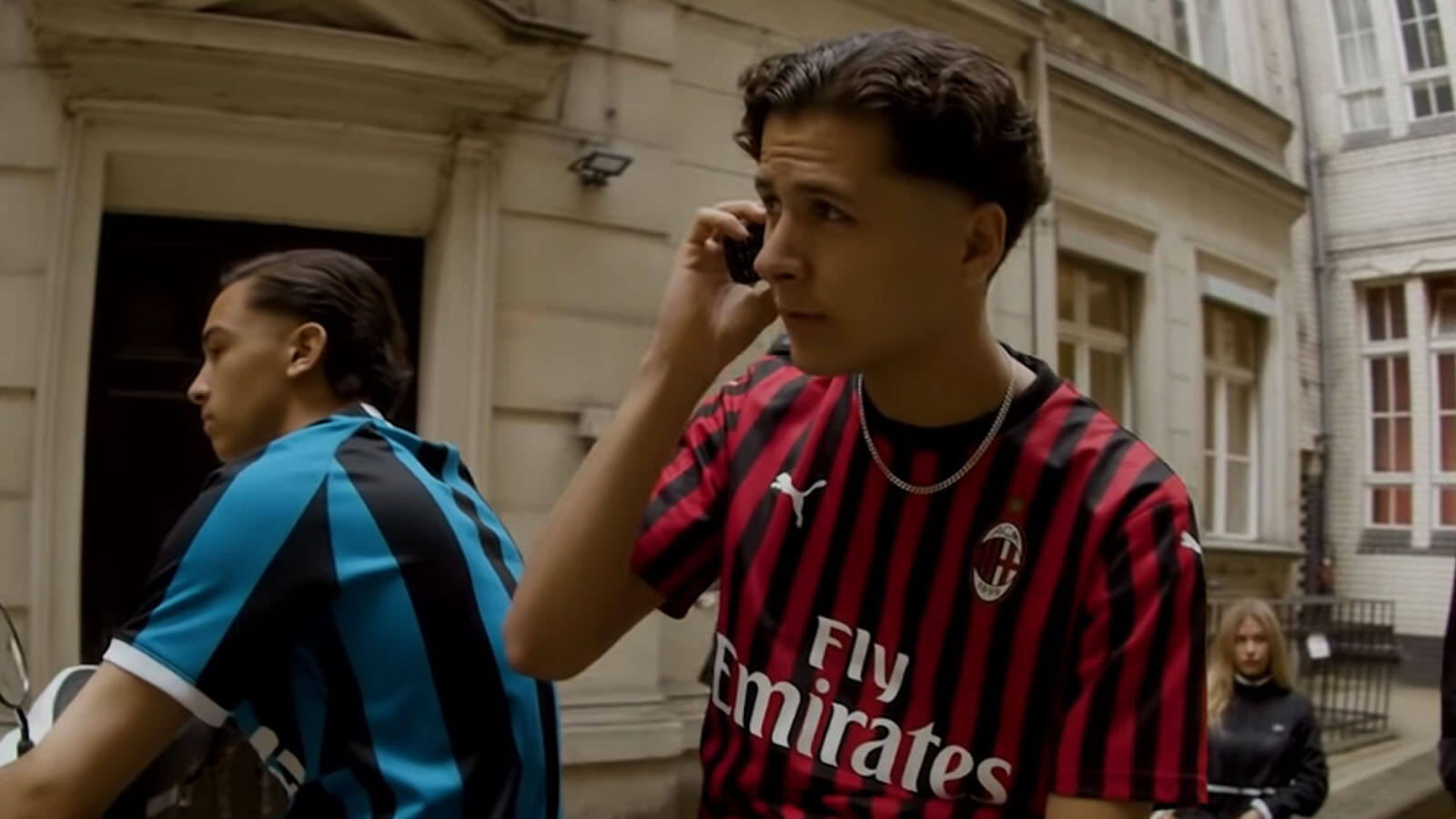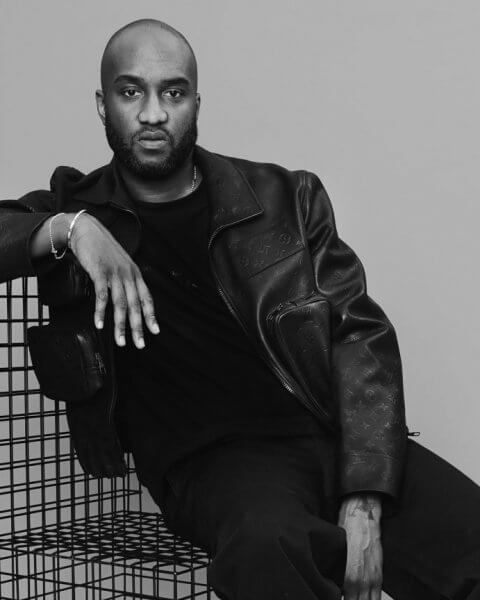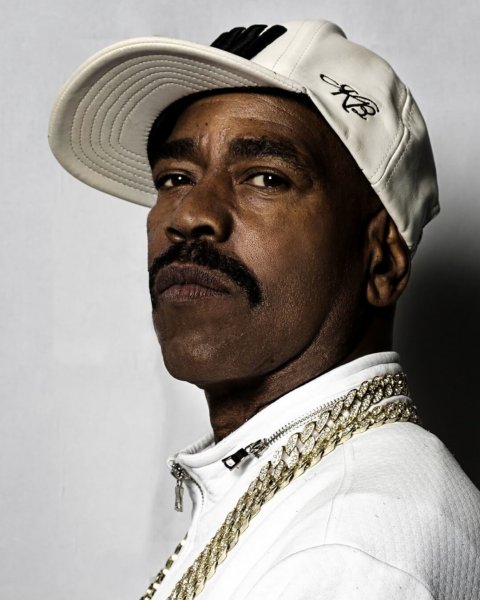
4 marketing moves that need to die when you’re borrowing from culture
Is it cool or cringy?
Hiphop is culture and culture makes or breaks your brand’s image and standing in the industry. If you want to be in, you got to be part of the cool kids. But some things are just too much.
When borrowing from Hiphop culture and youth culture in general, there is always that generational gap between the people that actually create that culture and the people that sit in the higher ranks of companies. And ever so often, there is a lack of understanding each other and said culture.
The result are cringy ads and projects that just try too hard – even though there is real effort behind it. But, we’ve come to your rescue. Follow these tips and learn about the no-no’s of cultural marketing.
1. Rapping because “Hiphop”
First and foremost… get your ass off the mic. We’ve all seen and heard it. Companies hiring people to rap in their commercials, because, well it’s Hiphop. Apart from the fact, that there is so much more to Hiphop than just rapping, most of these commercials just end up being weird.
Usually it’s a rap song about the brand or company that is advertising and often times, the person in front of the mic can’t even actually rap. No offense to anybody’s skills but if that is your grand scheme to get kids to buy your stuff, it probably won’t work out.
So don’t bother trying to rap or getting some dudes to write a song for you. Chances are, it won’t work out anyways. Kids and the teens are also pretty good at pointing out how staged your rap commercial actually is.
2. Random testimonals
Master P for “Winton & Heistand Law Group”… uhhh, what? Granted, Master P’s voiceover for this law firm based in Louisville is pretty funny, but there’s nothing that makes sense here. First of all: Why did they even recruit him in the first place? It doesn’t seem like the OG rapper and the attorneys actually have a relationship.
Judging from what Master P is saying in the voiceover, it’s clear that he doesn’t know too much about the law firm and they also didn’t bother to tell him anything. The whole thing just feels random and almost like a meme. Which doesn’t make it bad automatically. It’s just that the customer base of said law firm probably isn’t into shitposting. It’s a hot mess.
This is just one of many examples of companies that collaborate with rappers for the sake of their cultural relevance without actually thinking about their compatibility. This ends up making the companies look a little silly.
3. Random collabs
Random testimonial’s mean sister is doing random collabs. If you’re a brand and you’re looking to collaborate with another business there’s two ways that whole thing can go about. You either look for partners that have a certain connection to you and make some nice stuff or you capitalize on being funny and chose a partner that on the first look seems kinda off – but still makes sense somehow and get’s people going.
If you’re doing the latter, you’re sadly walking on thin ice. There’s a lot of cultural nuance to certain brands and what is funny for the people that are part of the culture. If you’re not into the right niches and areas of streetwear, it’s hard to grasp that nuance and to understand the irony behind a lot of things. So, if you’re trying to make bank by being funny, there’s a high chance that won’t work out.
Instead of a cool funny collab, you end up getting products that are hard to sell because, well, they’re not actually culture.
4. Lingo Bingo
Language is an important part of culture. Language connects and creates a sense of community. So, it would make sense to incorporate said language into your campaign. Right? Well, it depends.
While youth language is easy to learn, it’s also incredibly nuanced. Stuff that might sound positive could be just the opposite. And, after all, it’s all about timing. Hop on a trend too late and you’re ready to become the new laughing stock.
And then there’s also bits and pieces of youth culture that have actual heritage and mean a lot to some people and cultures. Using these, without the very much needed sensitivity for the language, can result in something very hurtful.
And now?
Culture has the power to create a deep connection between humans and brands. Hiphop culture has had and continues to have a huge influence on the youth. It’s impact diffuses throughout society.
If you want to learn how to actually do cultural marketing, get a look into out work.



